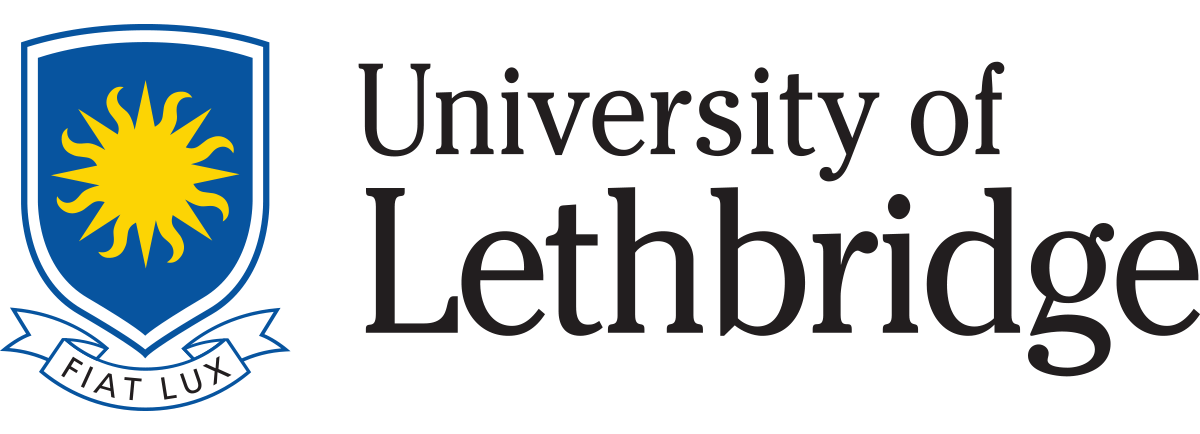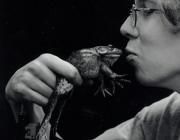Citation:
Abstract:
Both resource-holding potential (RHP) and experience in aggressive contests are known to affect future aggressive behaviour. However, few studies have examined the effects of mating experience on agonistic behaviour, despite the fact that dominant males usually acquire more matings. We investigated the effect of mating experience on male aggressive behaviour including the relationship between RHP and fighting success in the fall field cricket, Gryllus pennsylvanicus. We formed pairs of size- and age-matched males that varied in RHP (relative weapon size) and conducted two experiments. In the first, we varied male mating experience by allowing one male in a pair to either be (a) ’mated’: court, be mounted and copulate with a virgin female or (b) ’experienced’: court, be mounted, but prevented from copulating. The second experiment varied postcopulatory experience where the male was allowed (’contact’) or prevented from (’no-contact’) continued contact with his recent mate. Following treatment, experimental males engaged in an aggressive contest with the na < ve size- and age-matched male. In our first experiment, we found that mated and experienced males were equally likely to escalate contests to combat with a na < ve opponent, but mated males were less likely than experienced males to win. There was no effect of mating on the relationship between RHP and fighting success. In our second experiment, we found no effect of maintaining contact with the female on the tendency to escalate or the probability of winning. As in the first experiment, males with relatively larger heads again won more fights and this relationship was unaffected by male experience. These results suggest that mating is itself detrimental to male success in aggressive contests, but that this effect is not sufficient to eliminate the effect of RHP on fighting success.


